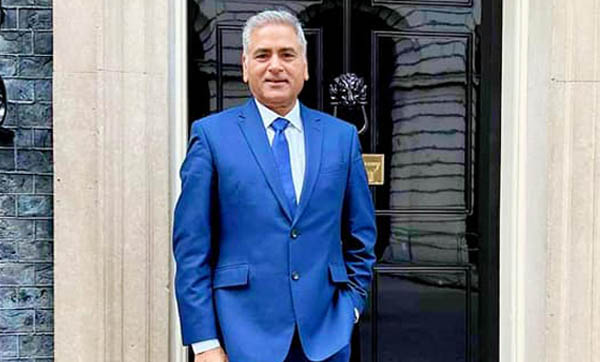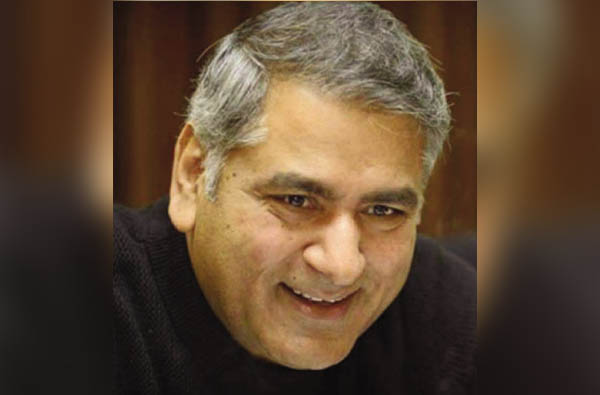Violence in Politics: Why Peaceful Engagement Is Essential

By Dr Ashraf Chohan
Chairman PMLN UK
Chief Editor Daily Rapid Lahore
Politics is a cornerstone of democracy, providing a platform for leaders to express their policies and offer solutions to societal issues. At its heart, politics is about improving the lives of people, not sowing discord or fear. However, the introduction of violence into political discourse undermines its very purpose. Here are ten reasons why violence has no place in politics and why peaceful expression of ideas should always prevail.
1. Erodes Public Trust
Violence alienates the public and erodes trust in political systems. Citizens look to their leaders for stability and progress, not chaos and aggression. When violence becomes a political tool, people lose faith in democracy itself.
2. Threatens Democracy
Violence undermines free and fair elections by instilling fear in voters, candidates, and officials. True democracy thrives on the peaceful exchange of ideas, where individuals can make choices without coercion or intimidation.
3. Hinders Development
Political violence diverts resources and attention away from development and governance. Instead of addressing key issues like education, healthcare, and infrastructure, governments become embroiled in managing unrest and instability.
4. Discourages Participation
Violence intimidates ordinary citizens and discourages them from participating in the political process. This creates a culture of apathy and silence, weakening the foundation of democracy.
5. Destroys Social Harmony
Politics based on violence fosters division, resentment, and hostility among communities. A divided society struggles to progress, as unity is essential for collective growth and development.
6. Weakens Rule of Law
When violence is used to achieve political goals, it undermines the rule of law. It signals that brute force can override justice and fairness, setting a dangerous precedent for future conflicts.
7. Deters Talented Leaders
Capable and ethical individuals are discouraged from entering politics when violence becomes a norm. This deprives nations of visionary leaders who could bring meaningful change.
8. International Repercussions
Countries marred by political violence suffer on the global stage. Investors pull back, tourists avoid visiting, and international partnerships are strained, leading to economic and diplomatic losses.
9. Short-Term Gains, Long-Term Losses
Violence might offer immediate results, but it undermines long-term stability. It creates cycles of retaliation and revenge, making lasting peace and progress difficult to achieve.
10. Betrays the Essence of Politics
At its core, politics is about competing ideas and policies for the betterment of society. Violence betrays this essence, shifting the focus from constructive dialogue to destructive actions.
The True Purpose of Politics
Politics should be a battle of ideas, not fists. It is about presenting policies, plans, and visions that resonate with the people. Leaders are tasked with demonstrating why their solutions are better for the nation’s future. Through debate, negotiation, and compromise, they can pave the way for progress and unity.
Violence, on the other hand, stifles dialogue and silences dissent. It prevents the public from making informed choices based on the merit of policies. Political engagement should be about winning hearts and minds—not inciting fear and division.
Conclusion
In a world fraught with challenges, the role of politics should be to unite, inspire, and uplift. Leaders must lead by example, showing that progress comes from collaboration, not conflict. By rejecting violence and embracing the true spirit of politics, societies can build stronger democracies that deliver peace, prosperity, and justice for all.




